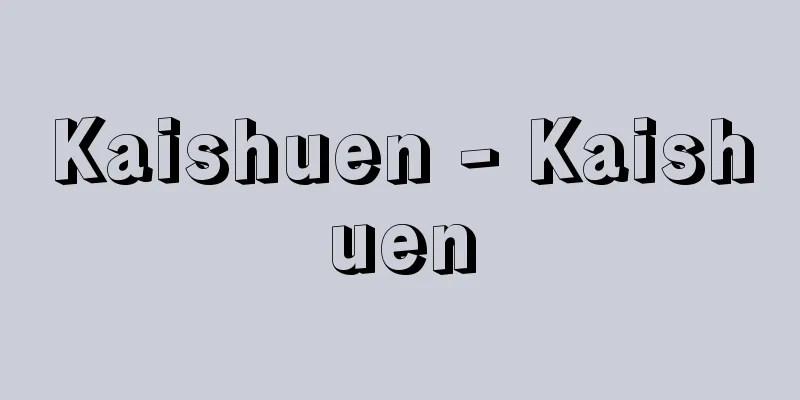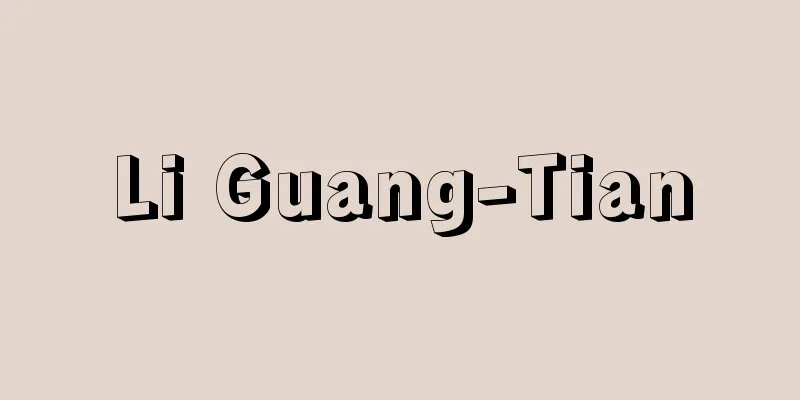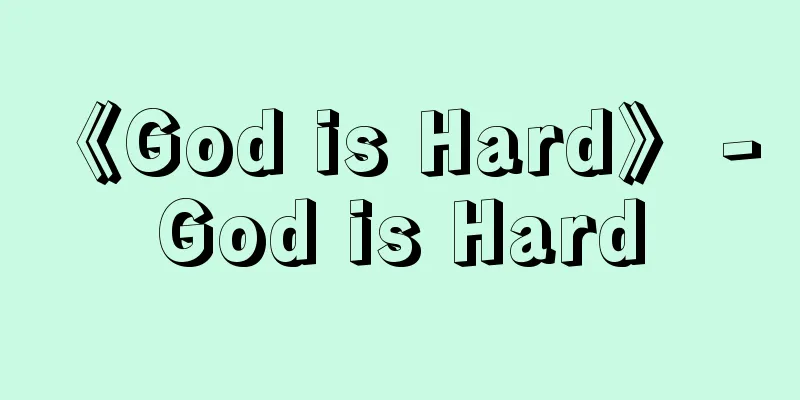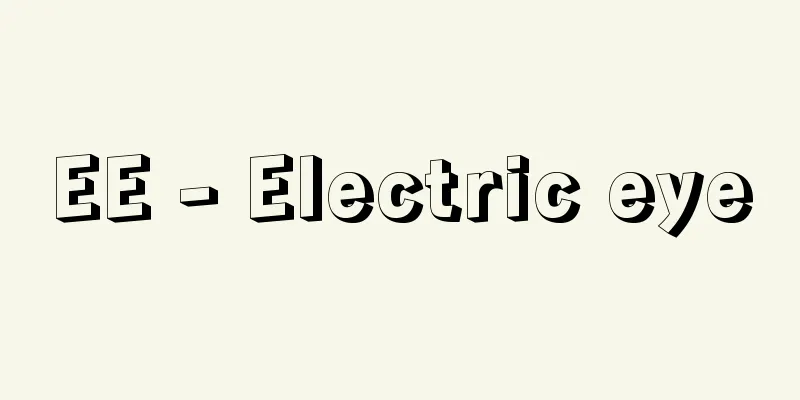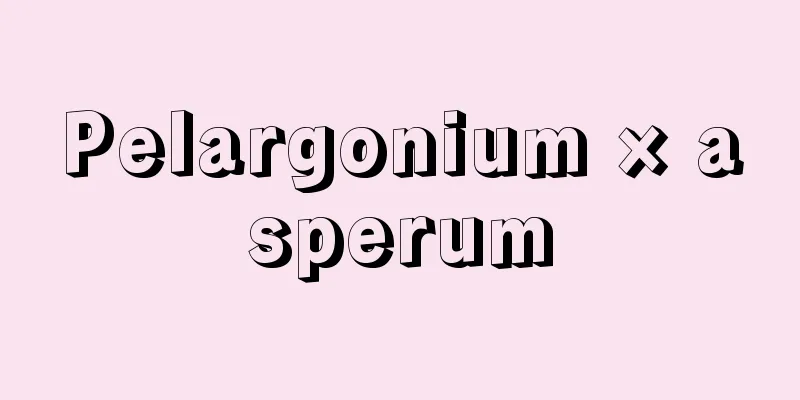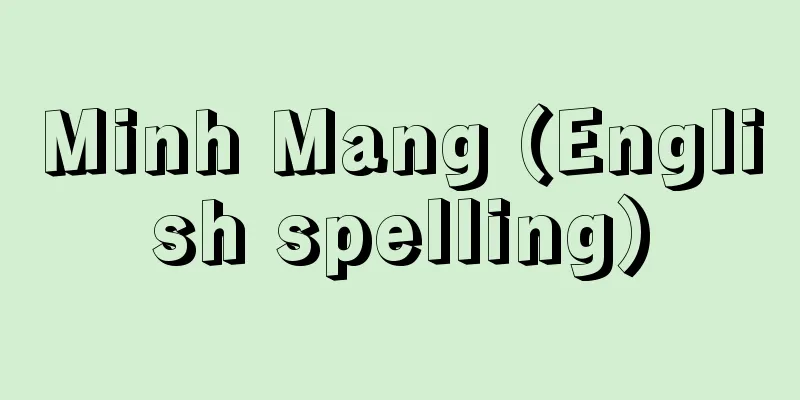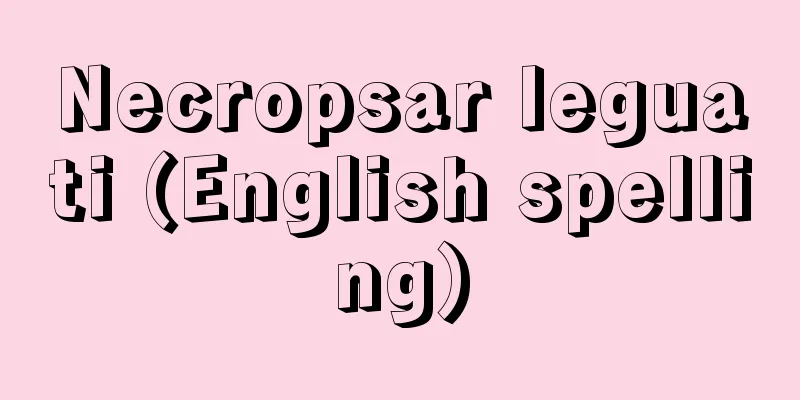Keicho Tsuho
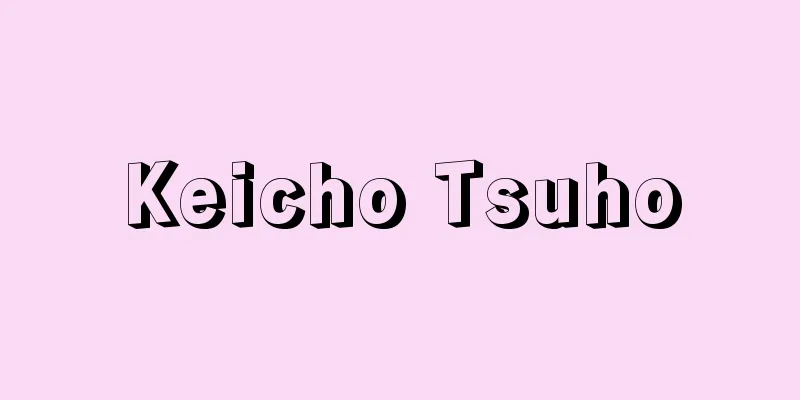
|
Coin coins (copper coins, 1 mon in value) minted by the Edo Shogunate around 1606 (Keicho 11). There were two types, large and small, the former being high-quality coins and the latter being coins descended from bitasen. The former were minted in Edo or Kyoto, the latter in Kansai and west. In 1608 and 1609, the Shogunate banned the use of Eiraku coins, which had been currency since the Middle Ages, but this was not realized. In an edict of 1609, the Shogunate established the exchange rates of the three currencies as follows: 1 ryo of gold = 50 momme (momme) of silver, and 1 kanmon of Eiraku coin = 4 kanmon of Kyo coin. Source: Heibonsha World Encyclopedia, 2nd Edition Information |
|
1606年(慶長11)ころ江戸幕府によって鋳造された銭貨(銅貨。1文通用)。大形と小形の2種類があり,前者は良質の銭貨で,後者は鐚銭(びたせん)の系統をひく銭貨であった。前者は江戸または京都で,後者は関西以西において鋳造された。08年,09年に幕府は中世以来の通貨であった永楽銭の通用を禁止したが実現しなかった。09年の布令で,幕府は金1両=銀50目(匁),永楽銭1貫文=京銭4貫文と三貨の交換比率を定めた。
出典 株式会社平凡社世界大百科事典 第2版について 情報 |
<<: Keicho Nikkenroku - Record of Keicho Period
Recommend
Garrod, DAE (English spelling) GarrodDAE
…Not only are they the most important Paleolithic...
Ernest Thomas Bethell
1872‐1909 British intellectual. His Korean name wa...
Fall Line City - Fall Line City
Fall line cities. Cities that developed along a fa...
Zhang Hua
A Chinese writer and politician from the Western ...
Glacial flora
During the Quaternary Pleistocene, at least four c...
Podzamites - Podzamites
A type of gymnosperm (conifer) that flourished in...
Temporary hard water - Ichijikousui
When calcium and magnesium in water are dissolved...
Tao Zong-yi; T`ao Tsung-i
A Chinese scholar in the late Yuan and early Ming ...
Kurama Stone
〘Noun〙① A type of diorite found near Kurama in Kyo...
Takahagi Shinjuku
The name of a place in Hidaka City, Saitama Prefec...
Refractory metal
It often refers to metallic materials with high me...
Crazy rhetoric
〘noun〙 A verse with a humorous concept or content....
Nobleman - Kuge
It can also be read as "Oyake" or "...
Black Lily Princess - Kuroyurihime
A woman who appears in the story "Kuroyurihim...
Movietone
Fox started out in 1906 as the operator of the ni...
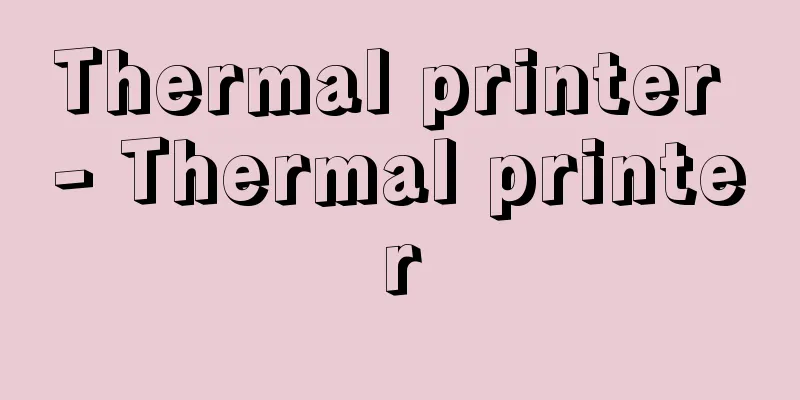
![Aso [Hot Springs] - Aso](/upload/images/67cf2c6d60356.webp)
